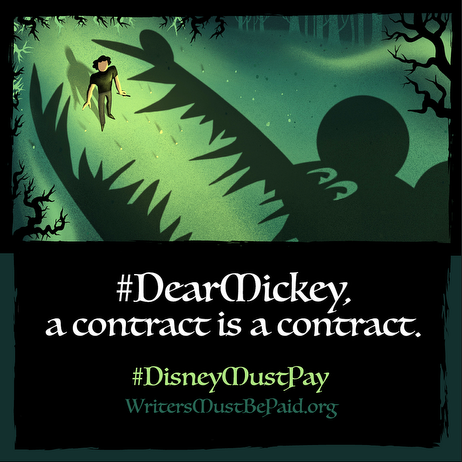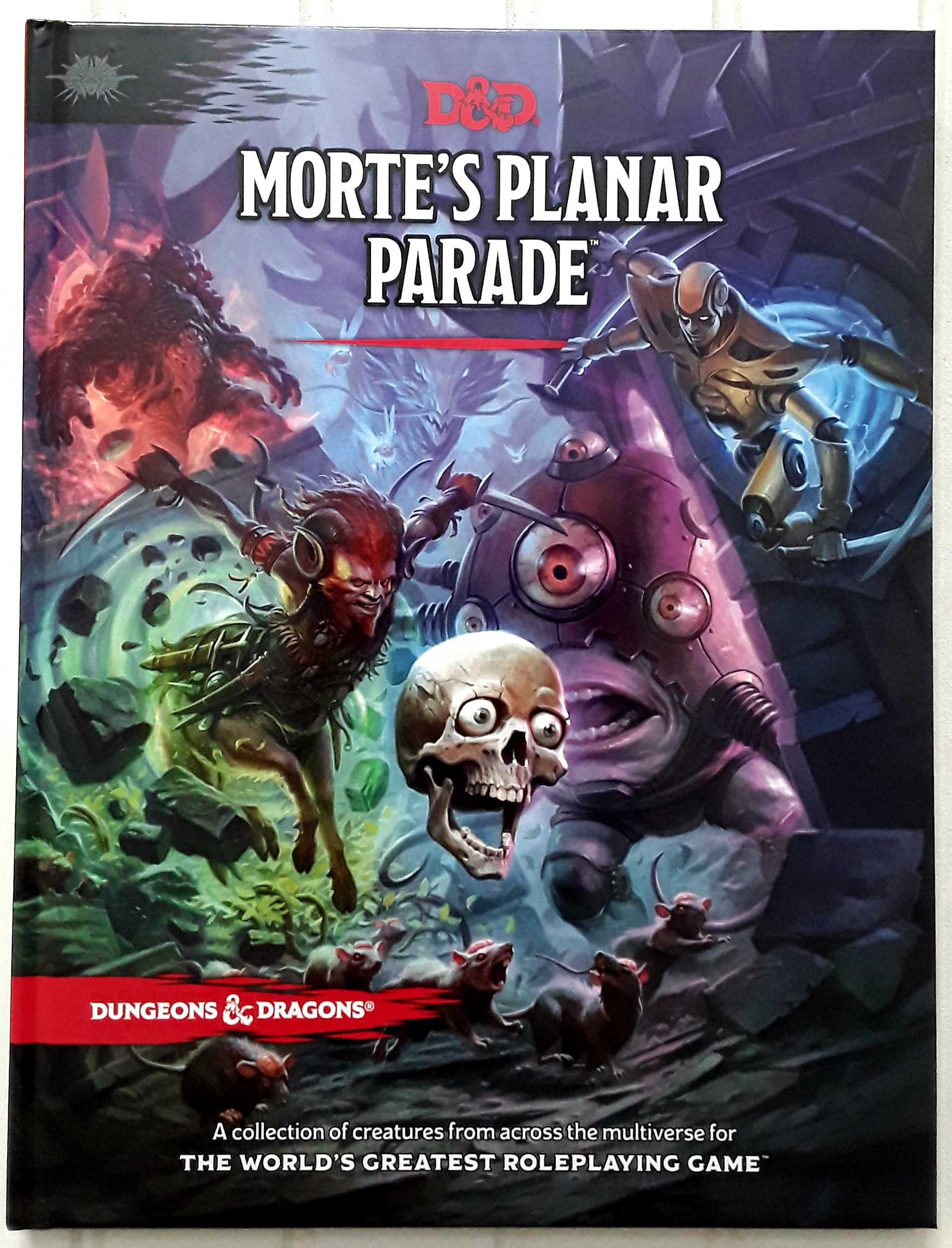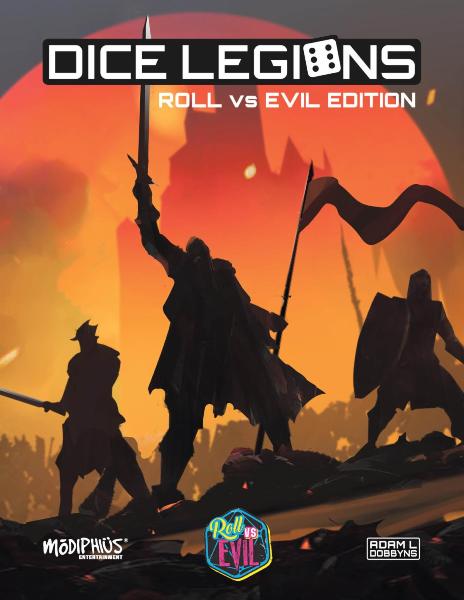Writers – and by extension, game designers – are a rebellious bunch. Our goal is to make stuff up for a living and if we become successful, we can continue to make up more stuff. Our work is never real, but it becomes a quintessential part of a person’s reality for the few hours they take that fiction and use it to be entertained. Unlike the backbreaking labor of the factory worker or the diligence of an office employee, no one can tell us how to make stuff up. We just do and jump at the chance to do it again. If anything, we cheat the system and thrive from it.
Yet despite this rebellion, we are slaves to recognition. Sure, the work may be complete and signed off, but unless people take notice and talk about your work in a positive light, it’s all been for naught. As much as you can argue recognition brings the success we need or crave and leads to the opportunity to continue creating, it’s just one step on the ladder of success. It’s the act of being acknowledged for the effort as much as it is about receiving the paycheck. This is probably why most authors of any genre never seem to have a popular childhood.
As you can imagine, the timing for this week’s edition of Under the Hood is inspired by last week’s ENnie nominations, but there is a personal connection as well. Less than twelve hours after this post goes live, my new game will be available and as much as I’d love for it to make money and allow me the opportunity to make another one, my eagerness hopes for good reviews and a welcome response from an eager public. Sales sit in second place. I kid you not. (But don’t take me literally. Silver medals are just as pretty as gold.)
It’s why we cling to awards in nearly every creative profession. Winning an award provides that mark of approval we’ve been looking for, something we can place it on a shelf and look at it fondly, remembering the effort and energy poured into that particular project. Especially all those damned rewrites.
Unfortunately, it’s an uphill struggle to reach that point and for every winner, there are hundreds of losers. It’s an unusual goal we set for ourselves as a culture because we’re almost guaranteed failure, yet consistently pick ourselves up and hope for that reward. And I’m not just talking about awards; the same odds apply to reviews, forum comments, podcasts, and any of the numerous sources of gossip, news, and discussions on the topic of tabletop gaming available in the world today. Let’s face it, not every game is written for every person, hence those writing the blogs or recording the podcasts are not assured to fall within that target audience. The risk in placing your product in their hands is that if they don’t like your work, a lot of people are going to find out. Like I said, risk. When it works, it works out well. When it doesn’t, your work can fade into the background.
To help demonstrate my point, I’d like to bring up an old project of mine called The Book of Alignment. It’s a 164-page volume on expanded rules and concepts for alignments in D&D 3rd edition, took me three years to write (on and off), and is perhaps the second largest project I’ve ever worked on. During those months when the project was back on, I knew it would cater to a small audience and many others would find it unnecessary for their own campaigns, but those who did use alignment as a central role in their games (hello, Planescape fans!) may find it invaluable. As of today, it has sold a total of 176 copies with an additional 40 sitting in wish lists and is listed as a Copper Top Seller on DriveThruRPG. Needless to say, it’s done all right. Better than I had expected. But I have no idea what people think of it as a complete work and that just diminishes all those sales to simple numbers.
Sure, there are some ratings (it’s only sitting at 2.5 stars) but there are no reviews, comments, or any detailed information. I’d even take “What a piece of crap!” just to find out someone hated it so much as to tell me how much they hated it. Over the past five years, I’ve had two people email their intention to post a review… and it’s never come to pass. Without that knowledge, I have no idea if the book alters their views on the nine alignments or had an impact in someone’s game. Or better yet, was actually used at someone’s table. Until that day happens, The Book of Alignment is a failure in my eyes.
But that’s the risk and it’s one I’m willing to take again with my latest project. Does it speak to everyone? No, but I’m hoping it will leap off the page to those select few and latch onto them like an Alien face hugger and plant the beast in their chest. It’s all any of us want. To have our work burst out of your chest while you’re sitting at breakfast with the crew of your transport vessel, leaving everyone standing over your hollowed body, gaping at the slimy creature that is our game race out of the room and leave everyone around you gasping “What was that?”
FREE PRODUCTS: THE ULTIMATE PASSION PROJECT
Last week, I wrote about my disagreement with most of the nominees for Best Free Product in this year’s ENnie nominations and I received quite a bit of feedback in agreement from other publishers who had submitted their work in that category. Truly free products, those never intended to lead to sales. It’s a controversy (though that may be too strong a word, depending on your personal stance on the matter) covered in a few other blogs I’ve followed, including The Free RPG Blog, where game designers working on free material are considered “philanthropists.”
None of the nominations in the Free RPG category are by philanthropists. They are all cut down marketing versions of commercial games. The ENnies are about showcasing the best of the hobby and I feel that philanthropy, which has been a part of the hobby since it began, is not being represented here…
…We don’t have review criteria for the free RPGs category as the judges are left to decide on their own. Judging is hard work as it is without having to solicit feedback about whether X was chosen over Y. There are no guidelines for judging a free RPG so all the judges have is the category title.
– The Free RPG Blog, July 18, 2012
When it comes to these products, recognition is the sole reward for a job well done. Stating that their reward can be the number of downloads received is not an accurate way to go because anyone who discovers the project can simply download it at no risk and never read it. To know their work is appreciated, they must hear it from the readers. To find their work disregarded in favor of “professional” quick-start adventures is quite the slap to the face for these people for one important reason. Quick-starts had significant money put into their production because it would pay off in sales of the finished product; true free RPGs are made at a loss if any money is spent on them.
Ouch. That would hurt.
Now before I go off on a tangent here, there is no one source to blame for this because it’s an issue never brought up before, as explained by Tony Law, ENnies Business Manager.
Every year, immediately after the new judges are announced at Gen Con, I specifically ask the new judges “What should be considered a “Best Free Product” under that category?” For the last few years, without missing a beat, the judges have said “Anything that is free” without any qualifications.
In the end, it is the judges that decide what to nominate. Which is why I have always said, and will continue to say, if you don’t like the way the ENnies is judged, nominate yourself and try to change it.
…Perhaps a Best Free Supplement and Best Free RPG (not “Free Product”) would help to clarify it a bit more, with a Free RPG having to be a full-fledged RPG with its own rules. But then, and this is me thinking out loud, what if someone uses, say, the FATE system to create a new free RPG. Would that truly be “free” or would people still consider that a demo for a commercial product?
In the end, this is the kind of thing I’m referring to in my previous post. I LOVE when people are passionate about the ENnies, good or bad. To me, even the negative means they respect the ENnies enough to realize how important they are the industry, whether they agree with us or not (or perhaps that’s just me being naive in some cases ;)).
– Tony Law responding to criticism on
the Best Free Product category on Google Plus
You heard the man, RPG lovers. The sheer fact that enough people have started to express disagreement with the nomination demonstrates the appreciation many fans have for the investment these game designers put into their work and so has the ENnies, seeing as Best Free Product has been part of their awards for as far back as I can remember. Expressing dissatisfaction is as easy as expressing appreciation and I’m not just talking about award categories.
SHARE THE LOVE
We live in an age where communication with the creators of our entertainment lies right in front of us. It’s remarkably easy to let these people know we appreciate their work, even with something as simple as clicking Like or the +1 button. I’m going to get all Sally Struthers for a moment, but right now, there are hundreds of aspiring and working game designers who have not received a nomination for their work. It’s not that their work is less important than those who were nominated, just not as recognized by those who wrote the list. Won’t you show how much you care by posting a quick comment to your favorite designer, artist, cartographer, blogger, or publisher? Let them know you respect their work. Because every one of them is a person too and they didn’t enjoy going to high school either. For just 30 words a minute, you can make a game designer feel special.
WHEN RECOGNITION GOES BAD
Aiming for that praise is a risk, as we’ve established, with the penalty being absolute silence. There is a worse punishment: infamy. However, I’m running out of time and space for today, so I promise to talk about the negative side of recognition next week.
Shall we meet again, same time, same place?




